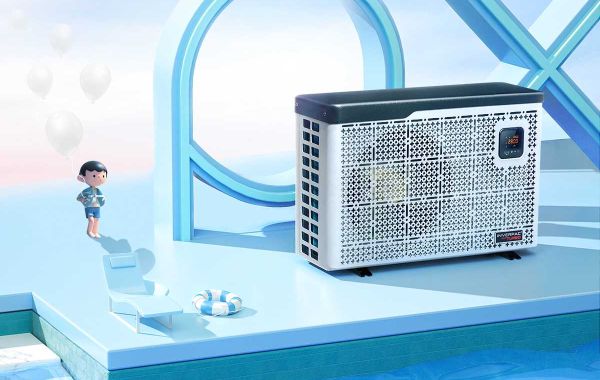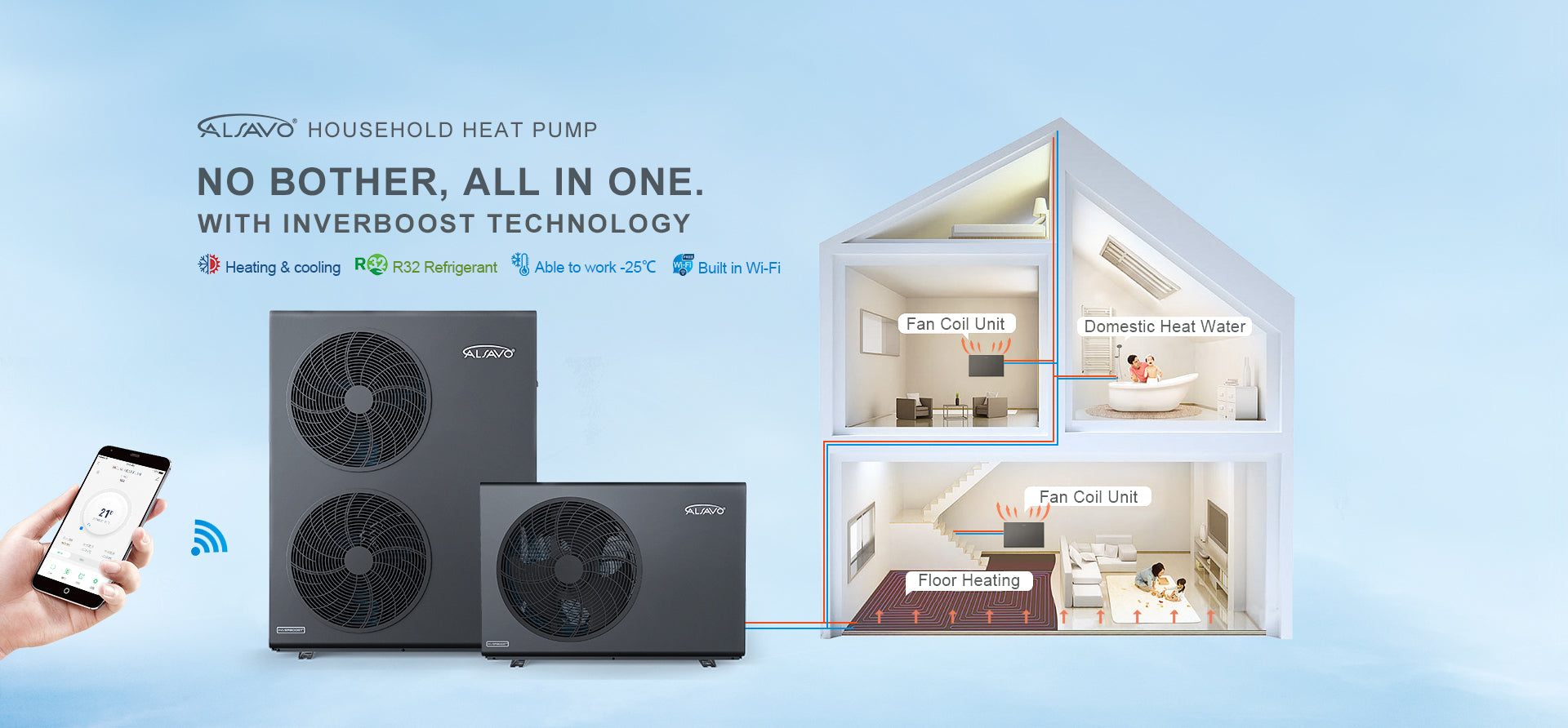Four season swimming is good?
Swimming is a great form of exercise, and it can be enjoyed year-round with proper facilities and equipment. However, whether or not "four season swimming" is good depends on various factors such as your physical health, the environment, and the precautions you take to ensure your safety.
Swimming in cold temperatures or frigid waters can put a significant strain on your body and increase the risk of hypothermia or other cold-related health issues. Therefore, it's essential to ensure that the water temperature is safe for swimming and that you have the proper gear, such as a wetsuit or thermal swimwear, to keep your body warm.
Additionally, you should be aware of the risks associated with swimming in natural bodies of water, such as strong currents, waves, and dangerous marine life. Make sure to swim only in designated swimming areas and follow any safety guidelines provided by the lifeguards or authorities.
Overall, with proper precautions and equipment, four season swimming can be a fun and healthy activity. However, it's crucial to be aware of the risks and take necessary steps to ensure your safety and well-being.
The water is very cold in winter, is it suitable for swimming?
Swimming in cold water can be dangerous, especially if you're not accustomed to it. The temperature of the water can cause hypothermia, which is a dangerous condition that can lead to loss of consciousness, and even death.
In general, it's not recommended to swim in water that's colder than 60°F (15.5°C) without proper protective gear, such as a wetsuit. However, the temperature at which it's safe to swim can vary based on a number of factors, including your age, body fat percentage, and swimming experience.
As a 30-year-old, if you're in good health and have experience swimming in cold water, it may be safe for you to swim in water that's colder than 60°F (15.5°C). However, you should always use caution, and consider wearing a wetsuit or other protective gear to keep your body temperature stable.
It's also important to remember that swimming in cold water can be more challenging than swimming in warmer water, and can be more exhausting. Be sure to monitor your body closely for signs of fatigue or hypothermia, and exit the water if you begin to feel uncomfortable or unsafe.
Swimming in cold water can pose several hazards, including hypothermia, cold shock, and cramps. Here are some ways to reduce these hazards:
Wear appropriate gear: Wearing a wetsuit or drysuit can help keep you warm in cold water. Additionally, wearing a brightly colored swim cap can make you more visible to others in the water.
Acclimate to the water temperature: It's important to gradually acclimate your body to the water temperature. Start with short swims and gradually increase your time in the water.
Enter the water slowly: Don't jump or dive into cold water. Instead, enter the water slowly and let your body adjust to the temperature.
Avoid swimming alone: Always swim with a partner or in a group when swimming in cold water. This can help prevent accidents and provide support if needed.
Know your limits: Swimming in cold water can be physically demanding. Be aware of your own abilities and don't push yourself beyond your limits.
Stay hydrated: Even though you're in the water, it's important to stay hydrated. Drink plenty of water before and after your swim.
Take breaks: If you start feeling cold or fatigued, take a break and get out of the water. Warm up and rest before getting back in.
By taking these precautions, you can help reduce the hazards of swimming in cold water and enjoy your swim safely.
Is there a way to heat the pool water to a temperature suitable for swimming?
Yes, there are several ways to heat pool water to a temperature suitable for swimming:Ultimately, the best heating method for your pool will depend on your budget, the size of your pool, and your personal preferences.
Pool heaters: There are different types of pool heaters available, such as gas, electric, and solar heaters, which can raise the water temperature to your desired level.
Heat pumps: Pool Heat Pump is a more energy-efficient option than traditional pool heaters. They use electricity to capture heat from the air and transfer it to the water, raising its temperature.
Solar pool covers: Solar pool covers can help to trap heat from the sun and raise the water temperature naturally. They are a cost-effective and eco-friendly option for pool heating.
Solar panels: Solar panels can be used to heat pool water by capturing energy from the sun and transferring it to the pool. They are a sustainable and long-term solution to pool heating.
Heat exchangers: Heat exchangers use the heat generated from a home's heating system or a separate boiler to warm the pool water. They are an efficient way to heat pool water, but they require a separate heating source.
What Season Do I Need to Install a Pool Heat Pump?
The ideal time to install a pool heat pump would be during the off-season when the pool is not being used. This will ensure that the installation process does not interfere with your pool activities during the swimming season. In most regions, this is typically during the fall and winter months.
Additionally, it is important to note that pool heat pumps can take a few days to install, so it's best to plan ahead and schedule the installation when it is most convenient for you. This will also give you plenty of time to test the system and make any necessary adjustments before the swimming season begins.
Overall, the best time for pool heat pump supplier to install a pool heat pump is during the off-season, ideally in the fall or winter months.
Why so many people installed the heaters for a swimming pool in spring?
There are a few reasons why many people install heaters for their swimming pools in the spring:
Extend the swimming season: With a pool heater, you can start using your pool earlier in the year when the weather is still a bit cool. This means you can enjoy your pool for a longer period of time by getting to the right heat pump companies.
Increase comfort: Even during the summer months, the water in a pool can still be too cool for some people. Installing a heater can make the water more comfortable and enjoyable to swim in.
Control temperature: Pool heaters allow you to control the temperature of your pool water, which can be especially important for people who use their pools for exercise or therapy.
Enhance value: Installing a pool heater can enhance the value of your property and make your home more attractive to potential buyers if you decide to sell.

 heat pump companies
heat pump companies






